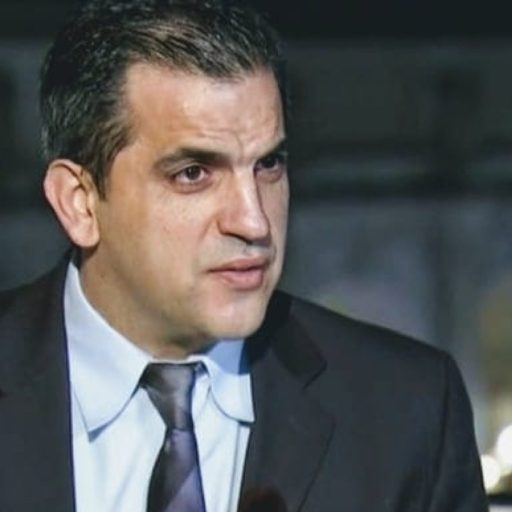
The Arab Weekly
Joe Macaron
The assumption since last year was that Yemen had officially become a Saudi-Iranian battlefield. Defending the capital Sana’a was meant to prevent a fourth Arab capital from falling into the hands of the Persian empire. Yemenis were told that narrative as they watched lives slip away — more than 6,400 have died according to the United Nations, 2.8 million were displaced and 82% of the population is in desperate need of aid. Yet, Saudi Foreign Minister Adel al-Jubeir reminded us on May 14th that Houthis are “our neighbours” after all.
On March 7th, the Houthis got what they wanted all along, a visit to Riyadh. While both sides were in talks, the deputy head of Iran’s armed forces, Massoud Jazayiri, announced that Tehran was ready to send a team of “military advisers” to support the Houthis, even though the expectation was they were already ther
The slap in the face came from Yousef al-Feshi, a member of the Houthis’ Revolutionary Committee, who posted on Facebook on March 9th that Iranian officials “must be silent and leave aside the exploitation of the Yemen file”. The Houthis’ message to Tehran was simple: It is too little too late.
It took Houthi leaders nearly two years to make that trip to Riyadh as well as a bloody war that drastically changed their homeland. They once had legitimate concerns about a corrupt government unwilling to share power and about a looming federal system that might further alienate them. Now they are a minority controlling the north by the barrel of a gun.
Not only had they overran Sana’a, they also forged an alliance with the symbol of tyranny in Yemen, former president Ali Abdallah Saleh, who suddenly showed up in Tehran in 2015 inviting foreign intervention just to make a point.
Yemen has never been in a worse shape. Houthis are struggling to impose order in the north and troops loyal to President Abd Rabbo Mansour Hadi are incapable of restoring normality even in the port city of Aden under their control.
As UN talks are presumably advancing in Kuwait, the fragile ceasefire that began April 10th is barely holding. Rivals are exchanging lists of Yemeni detainees as if they are in the business of trafficking while the world is celebrating “significant progress”.
Underneath the chaos, the Yemeni conflict seems confined to the long-standing rivalry between Saleh and Hadi. While Saleh is enjoying the warmongering and describing the UN talks as “a waste of time”, Hadi is fumbling to show the world he indeed exists.
First, he asked for Saleh delegates to be excluded from the talks and for the Houthi rebels to be disbanded before reaching any political settlement. He boycotted the talks from May 17th to May 23rd, demanding a written pledge from the Houthis stating they will implement UN Resolution 2216 with an overt focus on recognising his legitimacy. Instead, he received a letter of guarantees from the UN envoy to Yemen, Ismail Ould Cheikh Ahmed.
Hadi’s ultimate move was to sack his vice-president, Khaled Bahah, and replace him with General Ali Mohsen al-Ahmar, once the most controversial figure in the Saleh regime.
Despite the genuine efforts of the UN envoy, the talks are not advancing enough and having negotiations without a timeline will eventually lead to the collapse of the ceasefire. The fact is the Houthis still control many of Yemen’s most populous regions, including the capital, and they will not give up their heavy weapons without a power-sharing deal that will likely not bring the fractured country together.
In Aden, for the first time since the 1990, the May 22nd anniversary of the unification of Yemen was not celebrated. Hundreds of northerners residing in the south were expelled in recent months and calls for secession in the south have never been stronger.
During the debates of the Yemen National Dialogue in 2013, federalists were arguing that federalism was meant to avoid partition and start a new social contract. Now the country seems more like a partition-in-waiting in which no social contract can heal its wounds.
Even the rural tribes in the southern governorates, including the interior valley of Wadi Hadramawt, are choosing the stability of being ruled by al-Qaeda in the Arabian Peninsula (AQAP) instead of dealing with the war zones of Yemeni politicians.
The Arab coalition’s shift of focus from Houthis to AQAP since April was a move in the right direction but AQAP is long from being contained in Yemen. Indeed, the Balhaf natural gas export terminal on the Arabian Sea illustrates the status of the war-torn Yemen. The area’s largest industrial project is divided among troops loyal to Hadi, Houthi rebels and AQAP, all vying to control the country’s resources while Yemenis are left to their destiny.
http://www.thearabweekly.com/?id=5355
